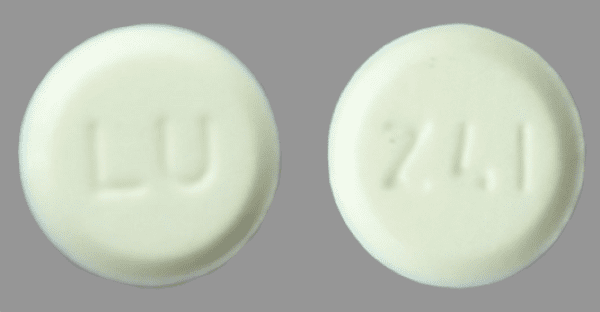Turqoz Interactions
There are 503 drugs known to interact with Turqoz (ethinyl estradiol / norgestrel), along with 21 disease interactions, and 9 alcohol/food interactions. Of the total drug interactions, 79 are major, 374 are moderate, and 50 are minor.
- View all 503 medications that may interact with Turqoz
- View Turqoz alcohol/food interactions (9)
- View Turqoz disease interactions (21)
Most frequently checked interactions
View interaction reports for Turqoz (ethinyl estradiol / norgestrel) and the medicines listed below.
- Adderall (amphetamine / dextroamphetamine)
- Adderall XR (amphetamine / dextroamphetamine)
- alprazolam
- Bentyl (dicyclomine)
- bupropion
- buspirone
- Celexa (citalopram)
- colestipol
- doxycycline
- Effexor (venlafaxine)
- Emgality (galcanezumab)
- Entyvio (vedolizumab)
- EpiPen (epinephrine)
- famotidine
- Geodon (ziprasidone)
- hydroxyzine
- Iron Sulfate (ferrous sulfate)
- Lyrica (pregabalin)
- Nexium (esomeprazole)
- nortriptyline
- oxycodone
- Phenergan (promethazine)
- quetiapine
- sertraline
- spironolactone
- temazepam
- tizanidine
- trazodone
- valacyclovir
- vancomycin
Turqoz alcohol/food interactions
There are 9 alcohol/food interactions with Turqoz (ethinyl estradiol / norgestrel).
Turqoz disease interactions
There are 21 disease interactions with Turqoz (ethinyl estradiol / norgestrel) which include:
- smoking
- abnormal vaginal bleeding
- carcinomas (estrogenic)
- hypercalcemia in breast cancer
- hypertension
- thromboembolism/cardiovascular
- hepatic neoplasms
- breast malignancy
- liver disease
- thromboembolism
- angioedema
- gallbladder disease
- hyperlipidemia
- liver disease
- melasma
- depression
- fluid retention
- glucose intolerance
- thyroid function tests
- hyperlipidemia
- weight gain
More about Turqoz (ethinyl estradiol / norgestrel)
- Compare alternatives
- Drug images
- Side effects
- Dosage information
- During pregnancy
- Drug class: contraceptives
Related treatment guides
Drug Interaction Classification
| Highly clinically significant. Avoid combinations; the risk of the interaction outweighs the benefit. | |
| Moderately clinically significant. Usually avoid combinations; use it only under special circumstances. | |
| Minimally clinically significant. Minimize risk; assess risk and consider an alternative drug, take steps to circumvent the interaction risk and/or institute a monitoring plan. | |
| No interaction information available. |
See also:
Further information
Always consult your healthcare provider to ensure the information displayed on this page applies to your personal circumstances.


